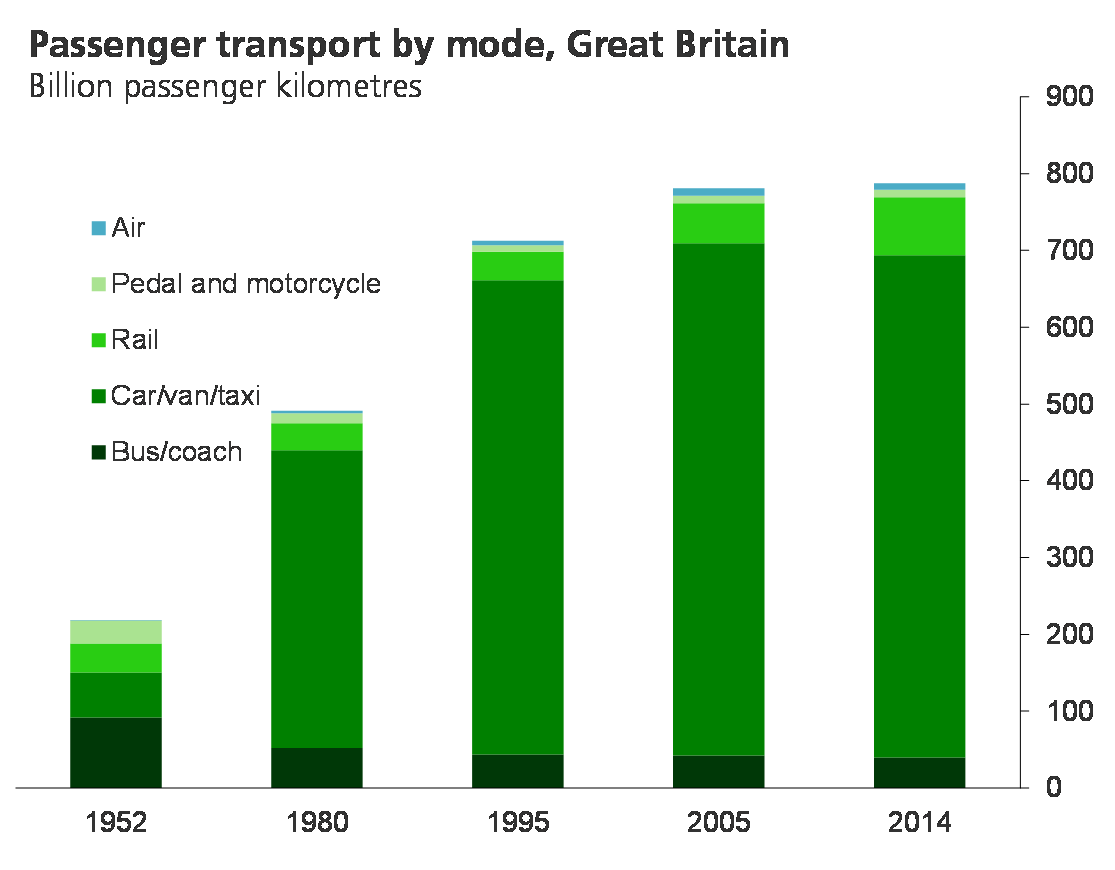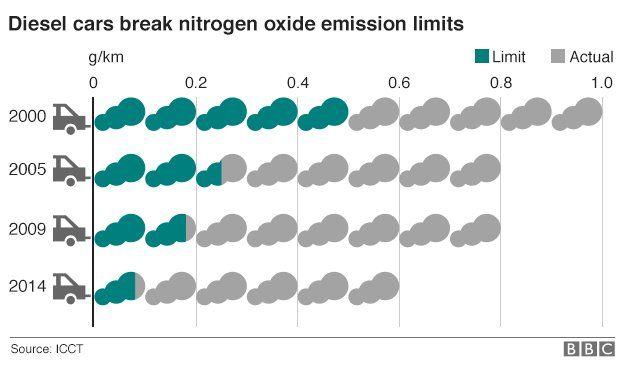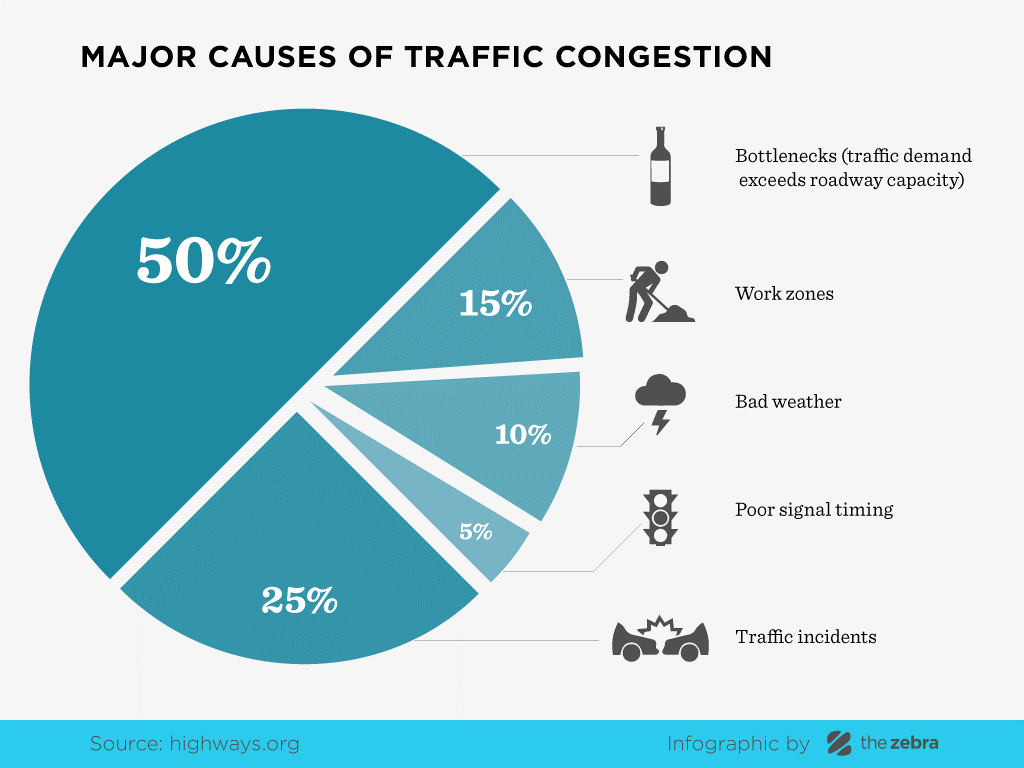Literature Review ( Has to be done using UK English)
14
WHAT IS THE EFFECT OF DEREGULATION ON LOCAL BUS COMPANIES IN THE UK?
Introduction
Deregulation refers to the reduction of state controls and restrictions in the market to spur economic growth and development. It is considered as a public policy meant to increase the involvement of private investors in the economic development of a country. The deregulation of the United Kingdom public transport sector has had several impacts on local bus companies in the country. This literature review examines how the reduction of government control and restrictions on the industry has affected these companies. It explores the general effects of deregulation on the British economy, the position of local bus companies in the British public transport sector, and the effects of deregulation on local bus companies in the United Kingdom.
Background
Bus deregulation in the United Kingdom began with the enactment of the Transport Act 1985. It involved the transfer of the operations of public bus companies to local bus companies. Before this much of the bus network in the country was under the control of the National Bus Company which was owned by the state or Municipal-owned buses. The industry was widely regulated and defined by minimal competition. The government under the leadership of Prime Minister Margaret Thatcher implemented the Transport Act 1985 upon receiving the findings of research conducted on the state of the bus industry in the country. The act deregulated the British public transport sector. The Transport Act 1985 did away with road service licensing and paved the way for competition in the industry. The National Bus Company was also privatised. It was divided into seventy distinct legal entities and sold to willing buyers.
These changes have had several effects on the British public transport sector. This research essay seeks to examine the effects of deregulation of the public transport sector on local bus companies in the United Kingdom. Most arguments that have been put forward on deregulation advocate for less government control in the market to increase investment and improve economic growth. Despite the benefits, deregulation also has some negative impacts. The 2007/2008 Global Financial Crisis showed that the private sector will not always act in the best interest of all stakeholders when allowed to operate freely with minimal restrictions. It invites the question of how deregulation can be done in a manner that ensures ethical practices among corporations. The research will, therefore, explore both the positive and negative impacts of this public policy on local bus companies in the country.
Significance
The study focuses on the effects of deregulation on local bus companies in the United Kingdom. The findings of the study can be used by various stakeholders to improve the performance of the sector. The government, for instance, can use the research findings to develop and implement public transport policies that will ensure that the sector makes significant contribution to the growth and development of the country. Local bus companies can also use the research findings to formulate business strategies that help them take advantage of market opportunities while minimising business risks. The public may also find the research useful in understanding how government policies have improved or negatively affected public transport and thus hold elected leaders accountable.
Research Problem
A lot of research has been conducted on the effects of deregulation on the British public transport sector but few studies have been done on how local bus companies in the country have been affected by such policies.
Research Question
Literature Review
Effects of Deregulation on the Economy
Deregulation is considered a necessity in a free market economy since such markets are defined by few or lack of government regulations and restrictions. It is assumed that the market will be regulated by the forces of demand and supply. The theory of the invisible hand put forward by Adam Smith postulates that market forces will always force business enterprises to act ethically even without government intervention. Deregulation is, therefore, important for markets to thrive and the economy to develop. Such an approach fails to appreciate the imperfect nature of markets and the role that the desire for profit maximisation plays in unethical business practices. The shareholder theory suggests that the primary goal of managers is to maximise shareholder wealth by ensuring that business organisations achieve their profitability goals. This sometimes leads managers to make business decisions that only benefit shareholders at the expense of other stakeholders in the business environment. The stakeholder theory, on the other hand, suggests that there is need for organisations to consider how their activities affect various players in the marketplace. Government restrictions and regulations are enacted to ensure that business organisations are ethical and put into consideration the interests of all stakeholders in the business environment. According to the Organisation for Economic Co-operation and Development (OECD) (2005), the call for deregulation does not, however, aim to do away with government restrictions and regulations in the marketplace but make it easier for companies to enter the market by reducing barriers to market entry because of state regulations and restrictions. Some of these barriers include high taxation, restrictions on foreign direct investment, and difficult business registration processes. Deregulation simplifies market entry and increases competition within a given industry. Increased investment by the private sector will increase economic growth and development. These benefits are some of the reasons that have led to the deregulation of the public transport sector in the United Kingdom.
Need for Deregulation in the British Public Transport Sector
Public policies in the U.K transport sector are aimed at achieving a sustainable and integrated transport network across the country. Deregulation of the public transport sector is meant to significantly improve the quality of services in the industry, and increase investment in the sector in order to encourage travelers to shift from car to rail and bus and, therefore, reduce pollution and road congestion from excessive use of private motor vehicles. Data provided by the U.K government shows that private car ownership has been increasing over the years as public transport declines as shown in Fig. 1. Car and van transport has been increasing at the expense of bus and coach transport. According to the British Department for Transport (2004), increased private car ownership in the country has resulted in several benefits. For instance, improved mobility provides people with wider choices of where to live and work. Cars have also made it possible for the average British citizens to carry out more daily activities than was possible before. Increased car dependency has, however, encouraged car-driven patterns of development, significantly increased environmental pollution, reduced viability of other transport modes and contributed to further exclusion of the disadvantaged sectors of the population (Lucas 2004). Most people owning cars also means increase in traffic jams due to congested roads.

Fig. 1. Passenger Transport by Mode. Source: U.K Government Statistics.
Environmental Pollution and Climate Change
Global warming and environmental change is a key concern to most citizens of the United Kingdom. There is increasing awareness about the need for environmental conservation. Scientific evidence points to a changing environment because of human activities (IPCC 2007). The impacts of climate change on natural and human systems will be adverse and potentially permanent unless action is taken to reduce greenhouse emission. The Paris Climate Agreement was crafted on the backdrop of this urgency to get world leaders to act on climate change and reduce the carbon footprints of their respective countries. While car manufacturing companies have taken steps to reduce emission and make their products more environmentally-friendly, there is still a significant amount of greenhouse emissions from vehicles. Figure 2 shows nitrogen oxide emissions by diesel cars according to International Council on Clean Transportation (ICCT) (2015). Reducing the use of private cars by deregulating public transport and making this means of transport more appealing to many people would reduce pollution. It means that private cars will only be used when necessary and thus less greenhouse gas emissions. The United Kingdom can respond to the challenges of the modern world by having an efficient public transport system that can meet the travel needs and preferences of the modern traveler.

Fig. 2. Diesel cars Nitrogen Oxide Emission Limits. Source: International Council on Clean Transportation (ICCT) 2015.
Reduced Viability of other Transport Modes
Increased private car ownership contributes to reduced viability of other transport sectors in the United Kingdom. For instance, the figures released by the U.K government indicate that private car ownership has increased at the expense of bus and coach transport. A thriving public transport system is important to national economic growth. It creates employment and generates revenue for the government. Most public transport systems such as rail and road can offer employment to thousands of people and thus play a role in reducing unemployment rate in the United Kingdom. The government can also benefit through taxation which can be used to fund various development projects in the country.
Social Exclusion of the Disadvantaged
Many people assume that public transport is for the economically disadvantaged in the society. A high number of people owning cars in the United Kingdom only means that those who cannot afford to buy vehicles will feel socially excluded. According to De Borger and Kerstens (2006), suburbanisation and modal shift towards private car use have contributed to the decline of public transport in the United Kingdom and across several European countries. Deregulation of public transport is thus important in improving social inclusion in the country. Less government restrictions in the public transport sector would attract private investors and increase competition in the industry. Consumers would benefit through high quality services and flexible travel schedules. An improved public transport system would attract high-end customers and result in social inclusion.
Traffic Congestion
Improving public transport would ease traffic congestion. The United Kingdom is a developed nation and, therefore, has several cities and urban centers. Traffic congestion is a feature of many cities without a proper urban transport network. Increased use of private cars results in traffic jams due to the high number of cars available on roads according to data provided by Highways.org (2017). Figure 3 shows causes of traffic jams on roads. Traffic snarl-ups lead to time wastage and are counterproductive to economic growth and development. Deregulation of public transport would encourage more people in the United Kingdom to leave their cars at home and use public transport means such as buses to get to their destinations. This would ensure that there are less cars on the road and thus less traffic jams. Creative cities should look at ways of improving public transport to meet mobility challenges of the 21st century.

Fig. 3. Causes of Traffic Jam. Source: Highways.org.
These issues indicate why there is need to deregulate the United Kingdom public transport sector. It, however, has both negative and positive impacts. Deregulation of the U.K bus sector for instance has had several effects on local bus companies in the country.
Effects of Deregulation on Local Bus Companies in the U.K
Deregulation of the U.K public transport sector has had several impacts on local bus companies. The Transport Act 1985 paved the way for extensive privatisation in the industry. The effects of deregulation policies on bus transport in the United Kingdom can be explored in terms of how such policies have affected the operations of bus companies in relation to the present business environment. How have these bus companies crafted their operations to exploit business opportunities and mitigate market challenges? These effects can also be looked at in terms of how bus companies have been negatively impacted by deregulation in the U.K public transport sector.
Increased Competition
Deregulation in an economy primarily improves the ease of market entry. Local bus companies in the United Kingdom face intense rivalry from competing firms. Competition for customers has forced some bus companies to engage in unethical business practices in order to increase their market share at the expense of competitors. This has sometimes forced regulatory authorities to step in and institute some discipline among operators. For instance, it was determined in 2000 that Stagecoach Manchester had been using bus inspectors to price travellers away from the services of competitors. Cardiff Bus was also accused of engaging in predatory behaviour in 2004 and 2005 to stifle its competitor, 2 Travel. Cardiff Bus Company decided to introduce loss making services through cheap fares to drive 2 Travel out of the market. The Office of Fair Trading ruled in 2008 that Cardiff Bus Company had used its dominant position in the market to achieve an unfair competitive advantage. 2 Travel Bus Company was forced to end its operations after it became difficult to penetrate the Cardiff public transport market due to the business strategies of its main competitor. Bus wars are still common in the U.K public transport sector because of deregulation. Such unethical business practices point to a need among bus companies to hold onto their market share even if it means engaging in activities that destroy the market. This further points to the impracticality of the ‘Invisible Hand’ theory as suggested by Adam Smith in the current market environment. Deregulation has thus contributed to unfair competition among local bus companies and made it nearly impossible for small companies to thrive in the sector.
Customer-Oriented Business Strategies
Marketplace competition among business organisations is beneficial to customers because firms will strive to develop customer-oriented business strategies aimed at providing excellent customer service and ensuring that consumers obtain value for money. This is especially important in the age of information technology where customers have access to information and are, therefore, well-informed about their rights regarding customer service. The enhanced role of social media as a key platform for consuming and disseminating information has also forced most business enterprises to design products and services that much customer needs. Deregulation of the U.K public transport sector has created the need for local bus companies to be innovative and improve their service offerings to meet the needs and preferences of travellers. Some of the strategies that local bus companies have put in place to achieve a competitive advantage in the marketplace include flexible schedules and e-ticketing services. Customers, therefore, can purchase tickets and travel at their convenience. E-ticketing is particularly critical in reducing business operating costs and improving service quality. Bus companies such as Arriva and First Group have m-tickets that travellers can order on the Internet. Companies that have not been able to appeal to customers and increase their market share have looked to other strategies such as mergers to survive in a highly competitive market environment. McGill’s Bus Services Ltd and Arriva Scotland West Ltd merger is an example of how some local bus companies in the United Kingdom are taking steps to overcome tough market conditions.
Increased Profits
Bus companies such as First Group and Stagecoach have seen a rise in profitability because of deregulation. Allowing private bus companies to offer public transport in the U.K has made it possible for local bus companies to charge competitive fares and, therefore, realise significant profit margins. Buses owned by the national government as well as municipal authorities charge low fares that would make business unstainable for most local bus companies. Transferring ownership to private investors has created a sustainable business environment where firms are able to make high profits. The importance of moving public transport away from government control is exhibited in the long running court battle by three of the leading bus companies in Britain. Arriva, Stagecoach and Go-Ahead had gone to court to stop bus services in Wear and Tyne from returning to public ownership and control. This would mean that the power to control fares would lie with the area transport executive. The three companies were successful in their efforts and celebrated the ruling because they stood to lose more than £226m had the ruling been made against them. Despite the high profits, bus companies are still faced with the challenge of declining passenger numbers. This invites the question of the sustainability of this industry in the wake of increasing private car ownership. The government has sought to introduce a bill that will encourage franchising in the bus transport sector. This could greatly impact on the operations of local bus companies by reducing their profit margins.



